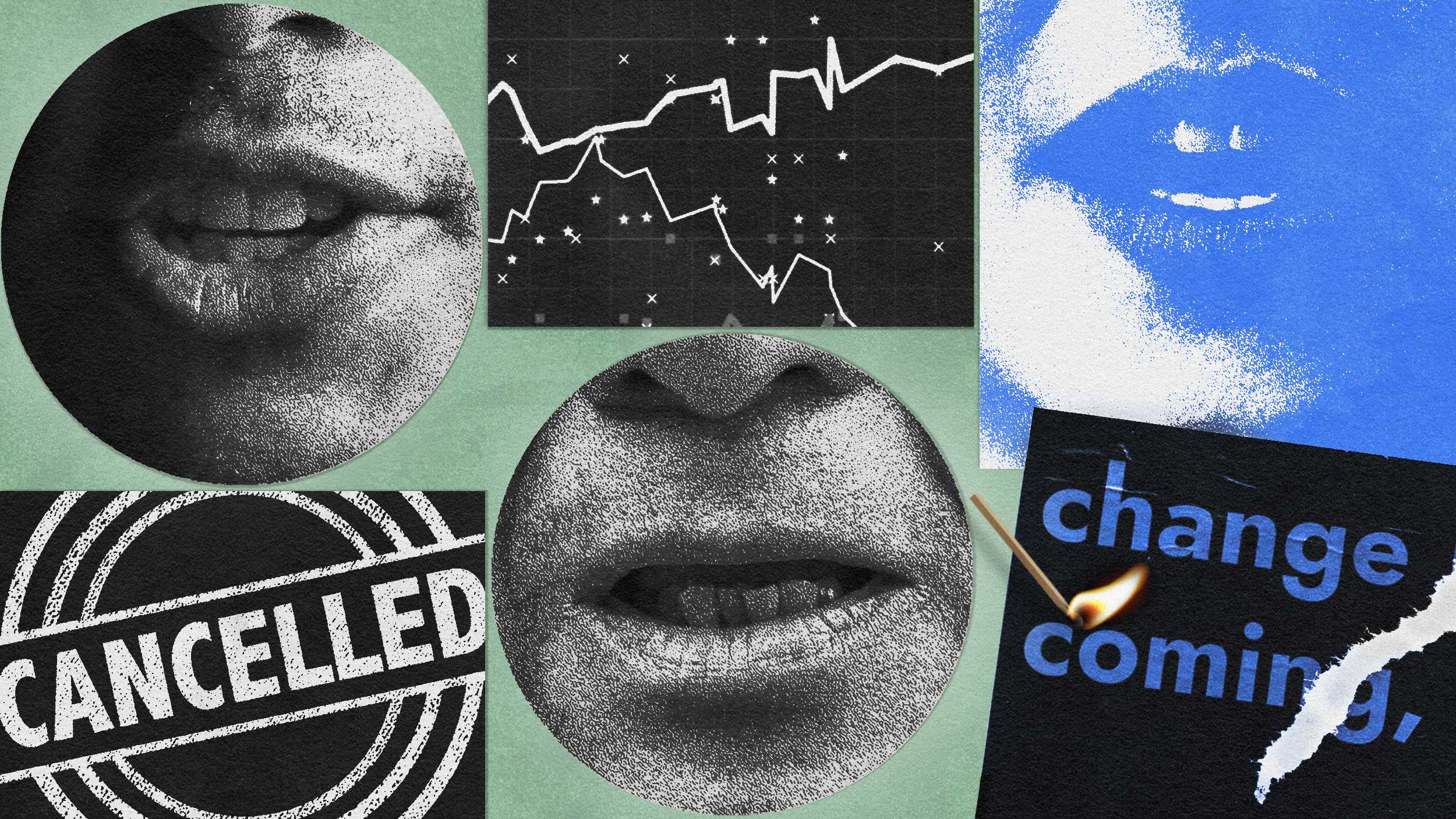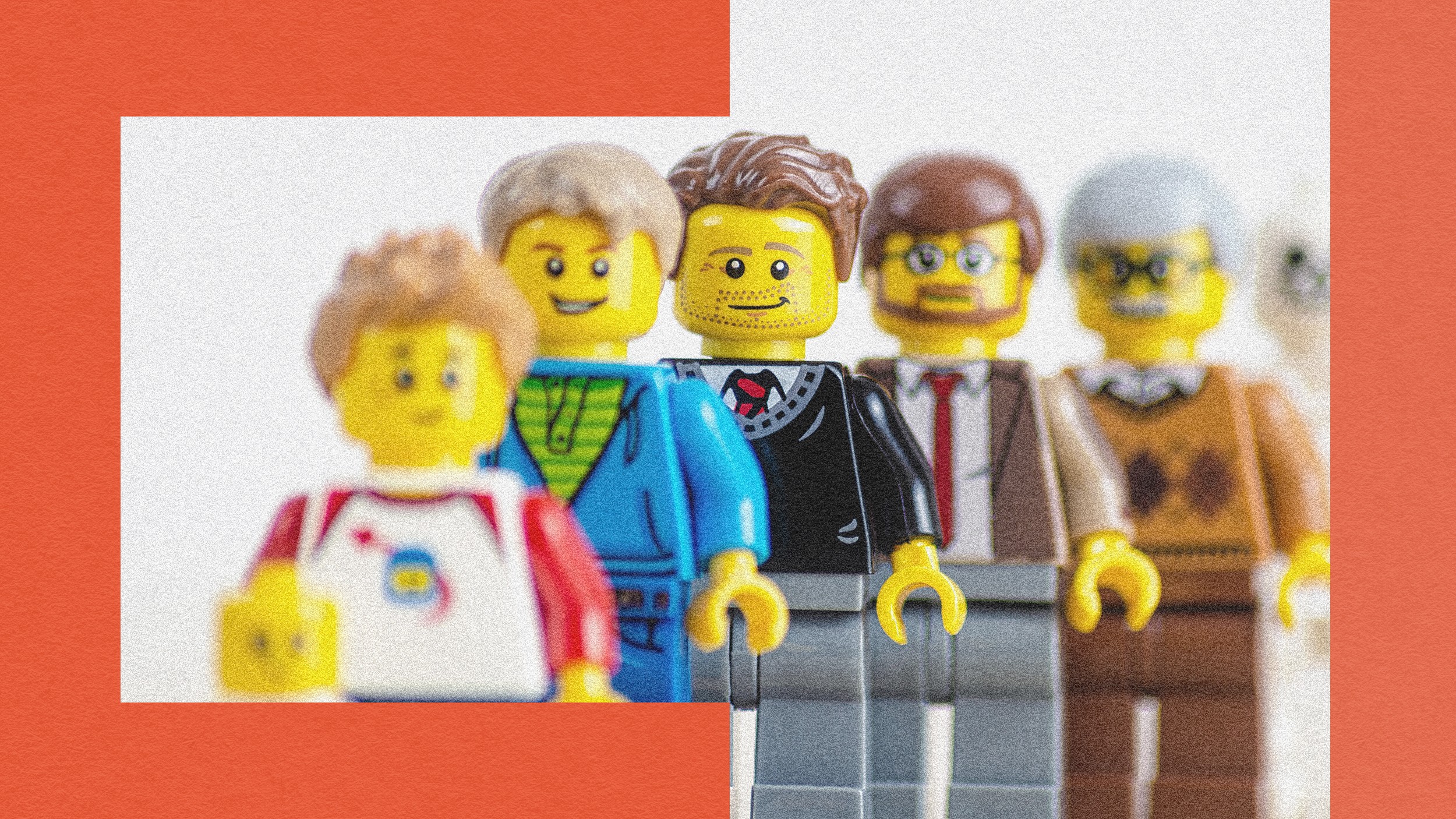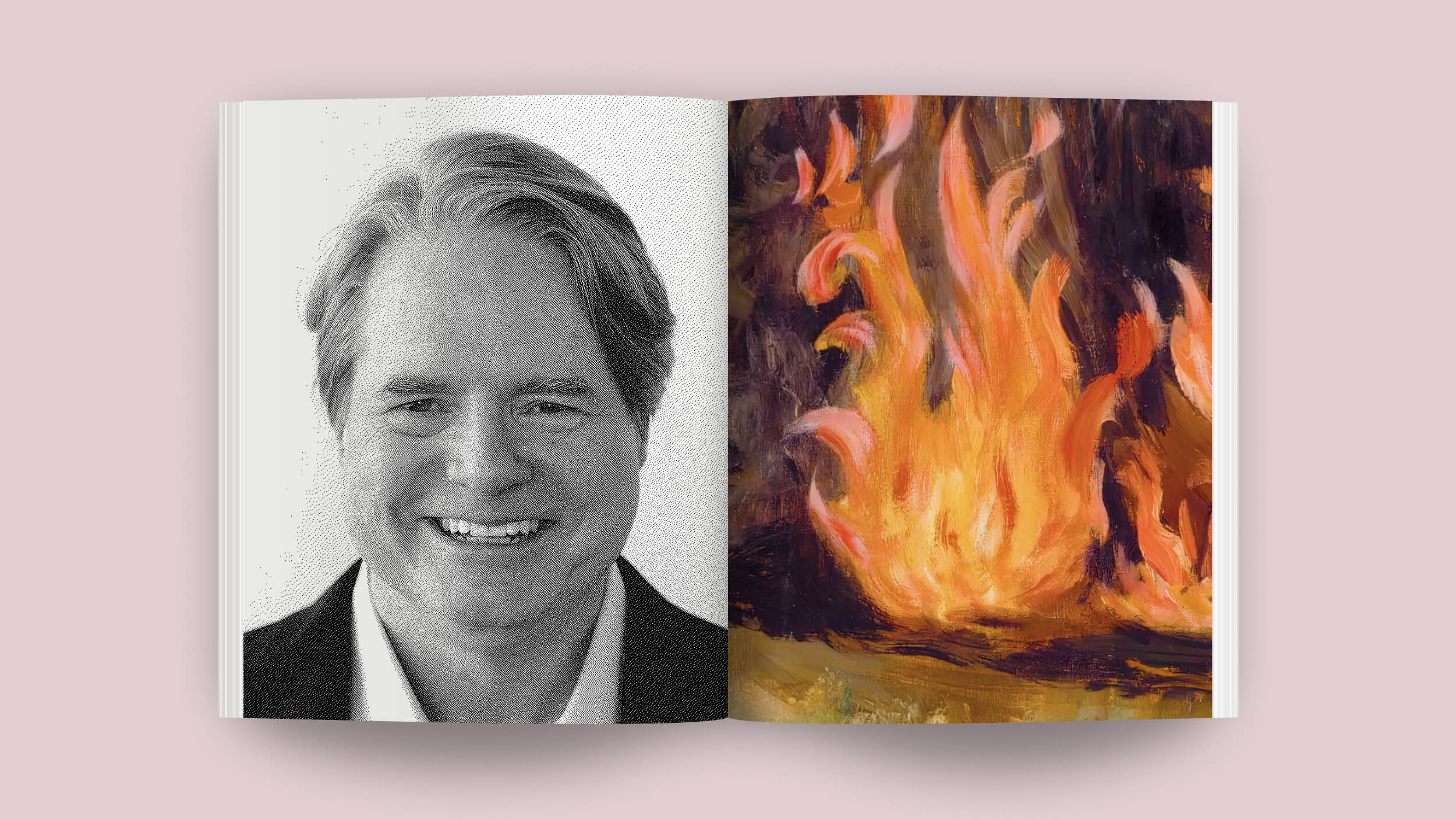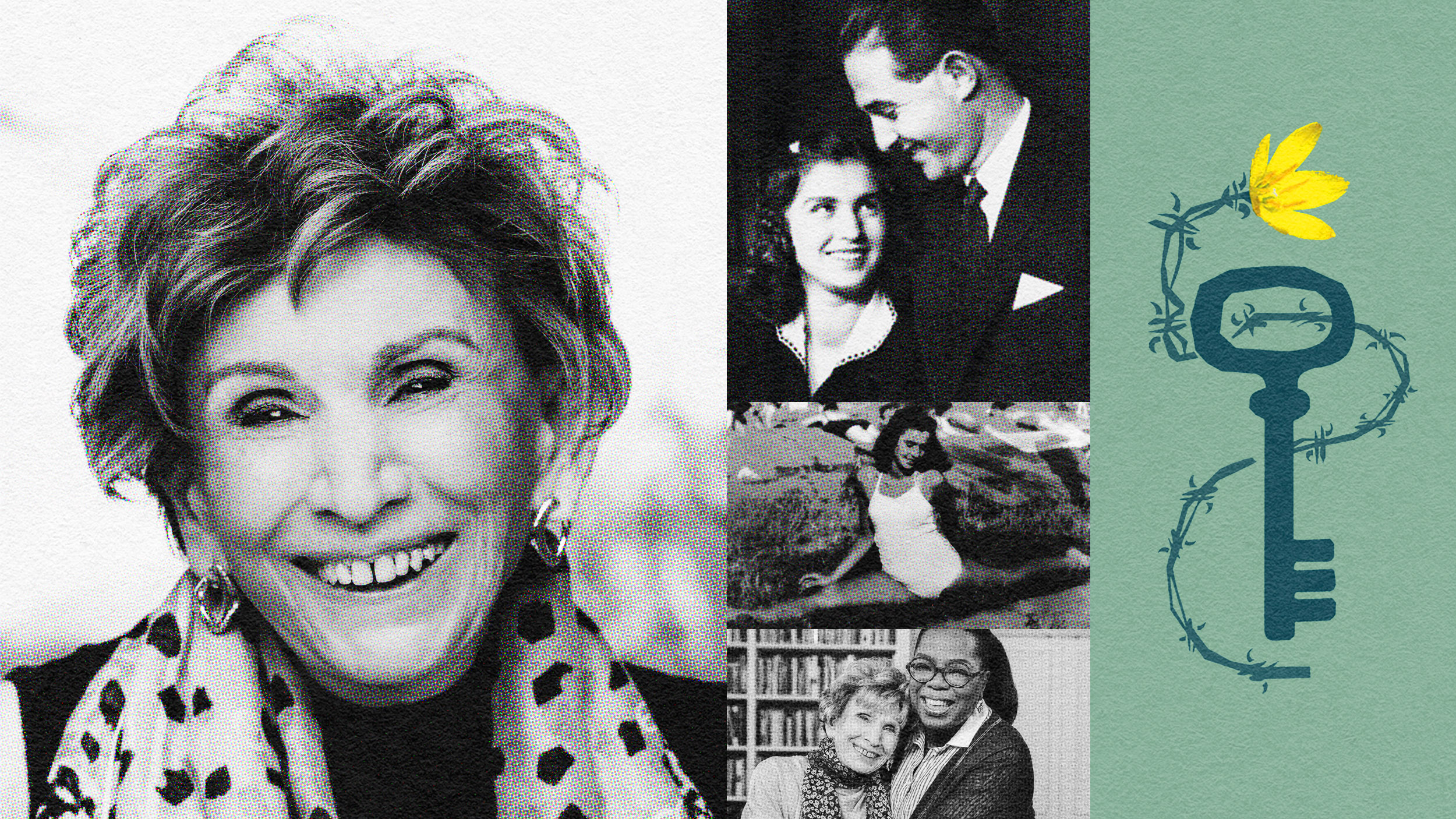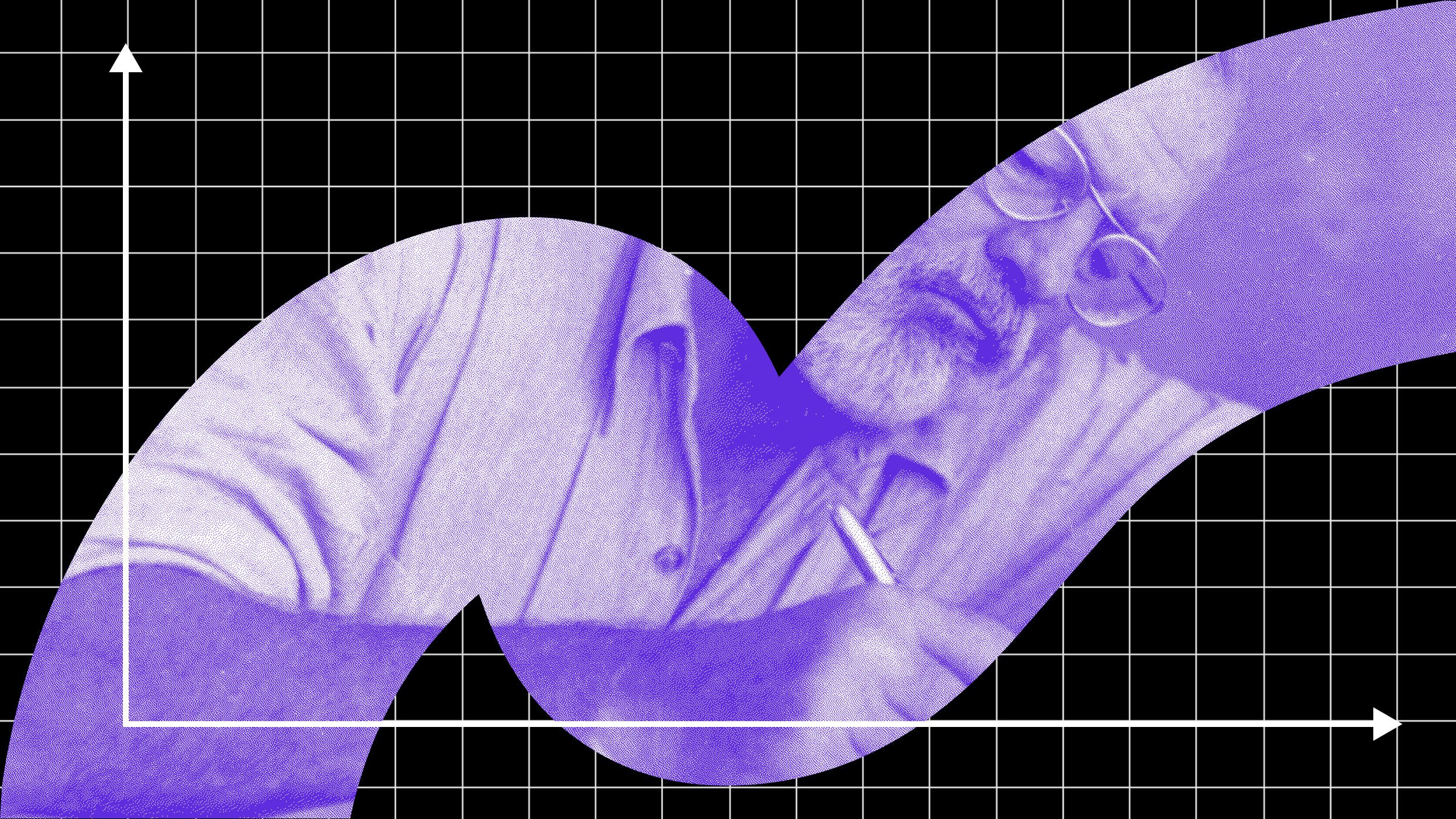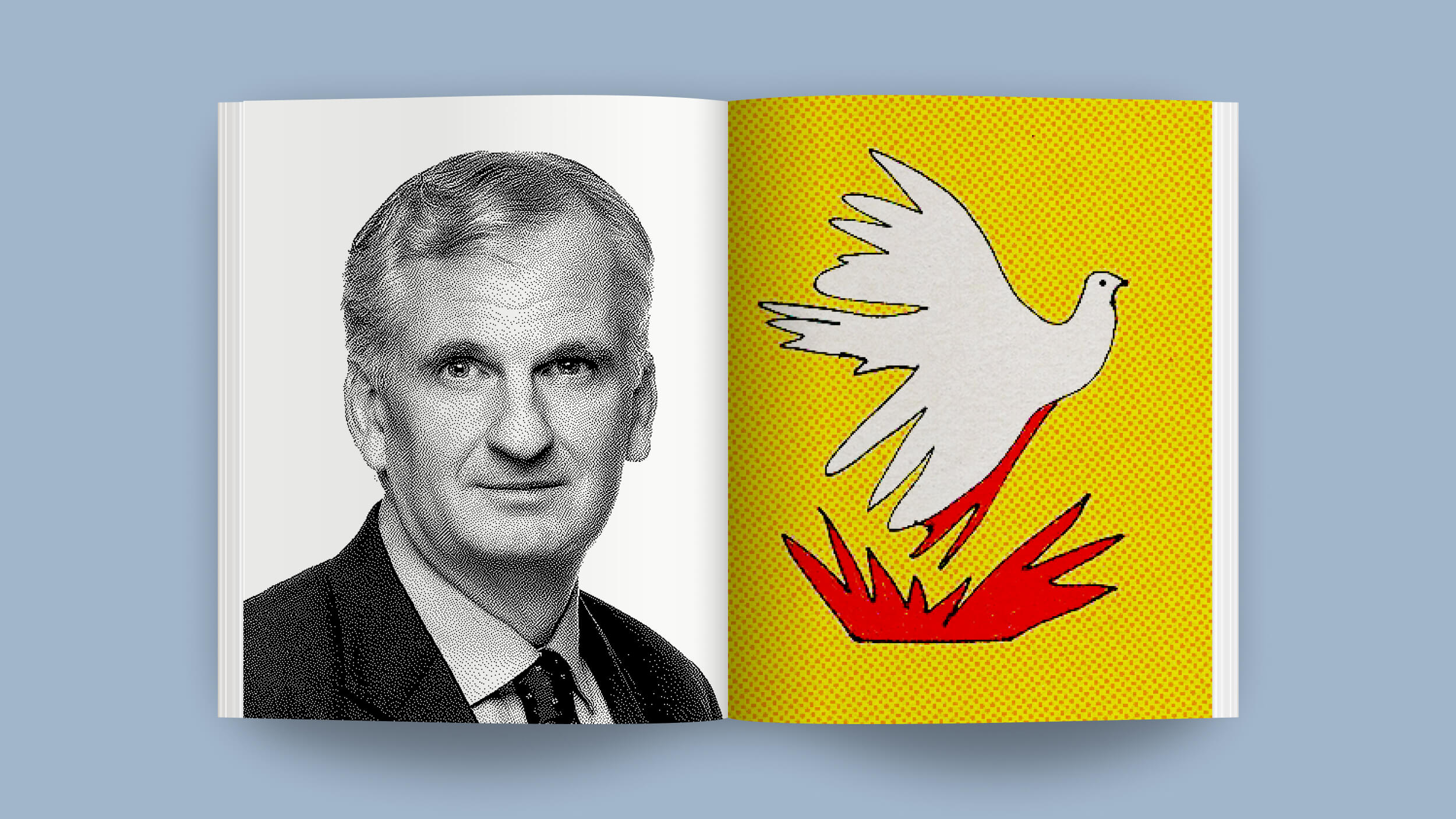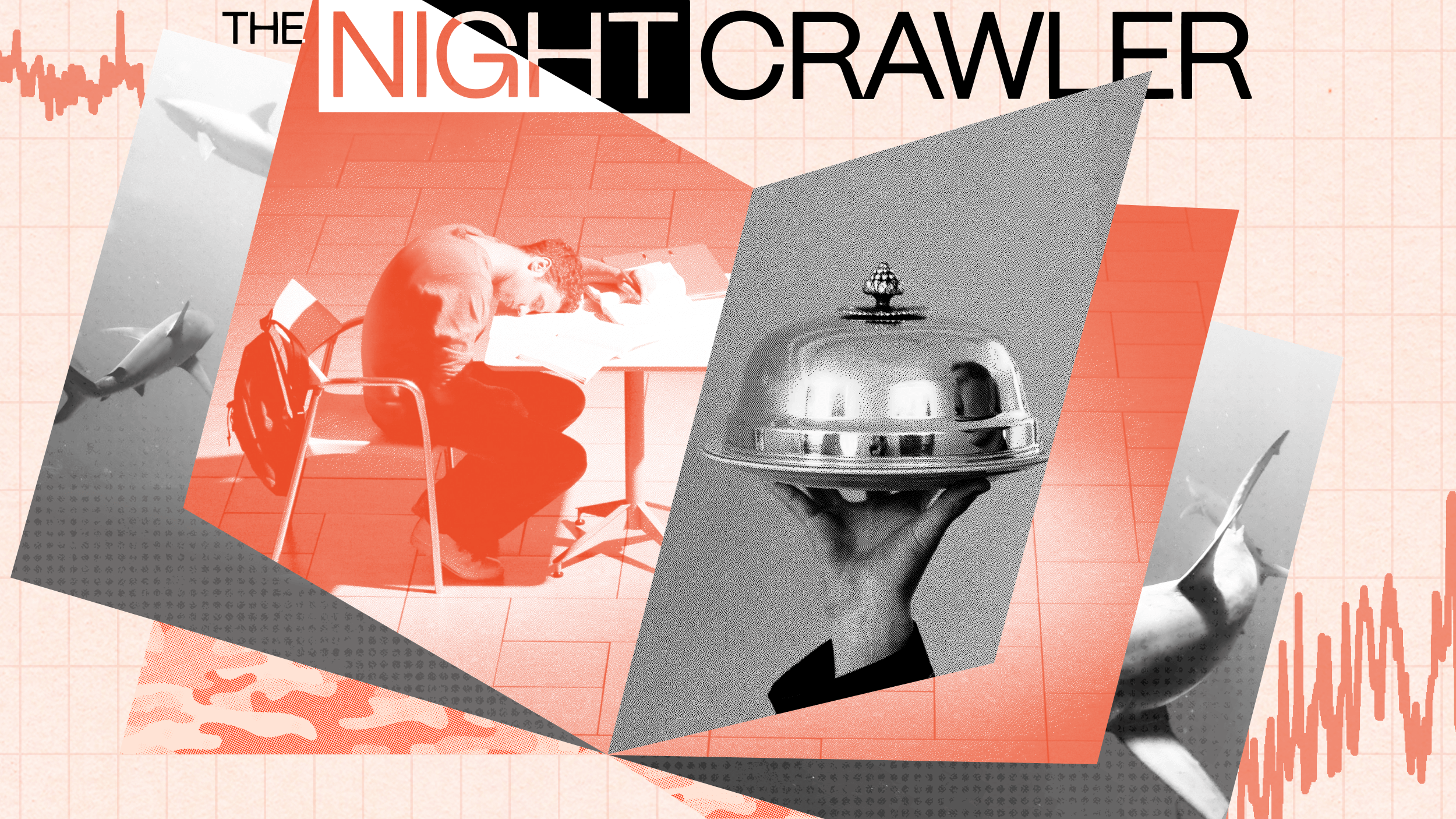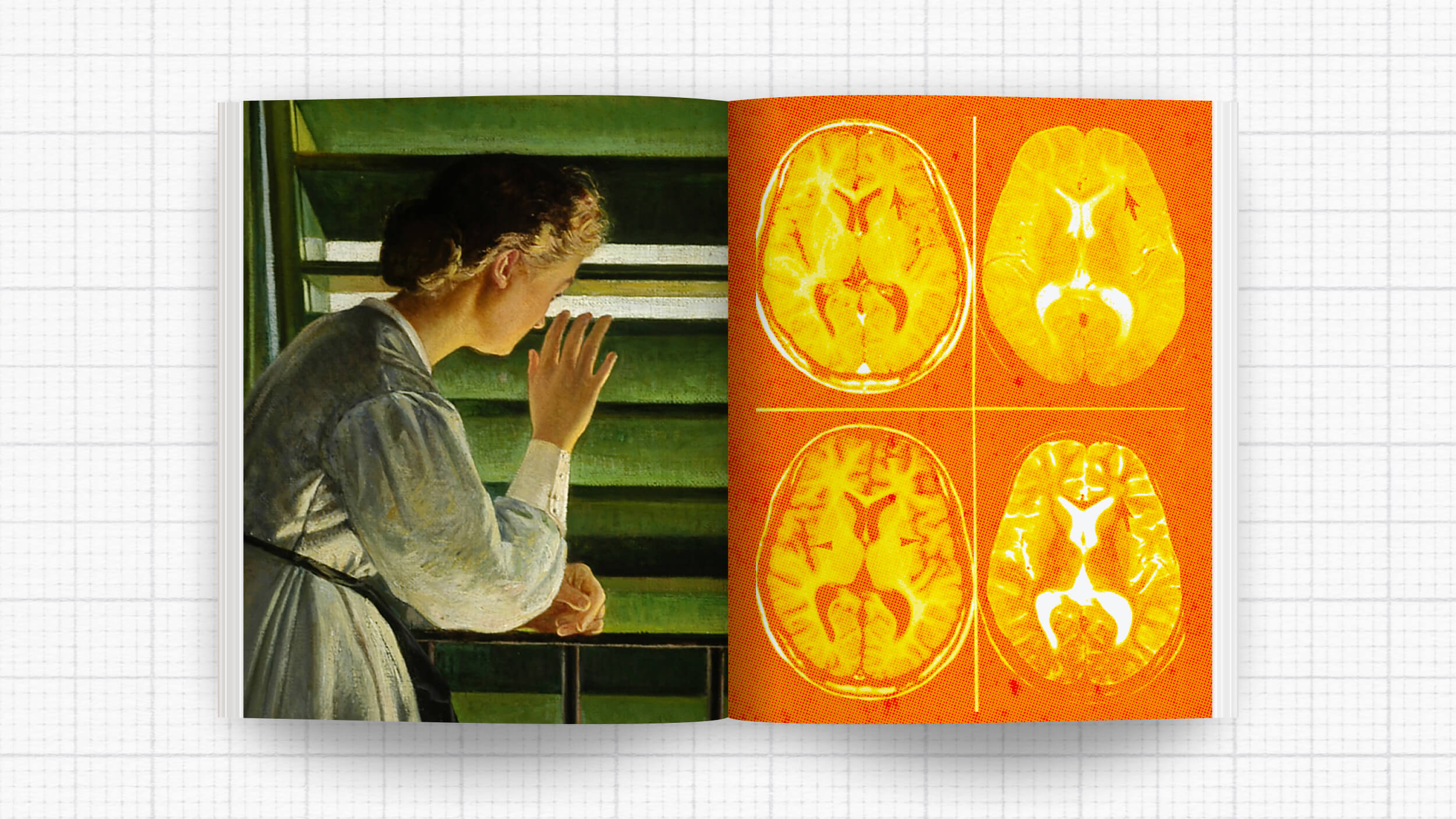psychology
When it comes to behavior, genetics may play a larger role than you think.
Welcome to The Nightcrawler — a weekly newsletter from Eric Markowitz covering tech, innovation, and long-term thinking.
This supremely simple hack can help you establish good habits, break bad ones, and guard against failure.
If you’re an atheist with a vocation, who laid that path for you?
Listen, set boundaries, and point them where to go.
Psychotherapist Israa Nasir explains how a “value-aligned life” can help us crush our goals — without being crushed by the need to accomplish more.
If you have any sort of power for any reasonable length of time, you will be changed by it — awareness of the effects is crucial.
“I have a friend who thinks vaccines cause autism,” writes Nina. “What can I do?”
The truly talented are those who got to where they are despite preconceived expectations.
There’s little more infuriating in the world than being told to “calm down” when you’re in the midst of a simmering grump.
How can “you” move on when the old “you” is gone?
Do you always act professionally in the workplace? Depends what you mean by “professional.”
In his latest book, Malcolm Gladwell explores a strange phenomenon of group dynamics.
Reading this article would be such a millennial thing to do.
From tribal hunts to Stonehenge and into the modern day, the peer instinct helps humans coordinate their efforts and learning.
“I am free. It’s a lot of effort to be free from the prison that is in your mind, and the key is in your pocket.” – Edith Eva Eger
Don’t make the mistake of blindly following quantitative metrics — whether you’re helping clients or looking for lunch.
“Amid the chaos, he remembered his life being eerily calm as he knew it wasn’t if, but when they would be hacked to pieces. He just kept kicking.”
“The primary way that people make friends is through institutions.”
Plenty of parents feel guilty about wanting to skip playtime, but there’s no need.
People often say, “Let go,” or, “Don’t take things to heart.” But where’s the line with this philosophy?
To maintain momentum and flow, the great novelist Ernest Hemingway didn’t burn himself out — but learned when to put his work down.
Historian Timothy Snyder talks with Big Think about how true liberty requires both negative and positive freedoms.
Changing the narrative on false memories might be surprisingly simple.
If you’re out on a walk, you will see a different world than your dog, a bee, or an ant. Here are three reasons why that matters.
Welcome to The Nightcrawler — a weekly newsletter from Eric Markowitz covering tech, innovation, and long-term thinking.
Research suggests curiosity triggers parts of the brain associated with anticipation, making answers more rewarding once discovered.
Monica Parker explains how creating opportunities for wonder can help foster a thriving, inclusive workplace.
The writer’s tragic death at age 46 has led many to view him as a tortured artist. Here’s why this label is reductive.
Cecilie Fjellhøy, from the Netflix documentary The Tinder Swindler, shares her experience.












